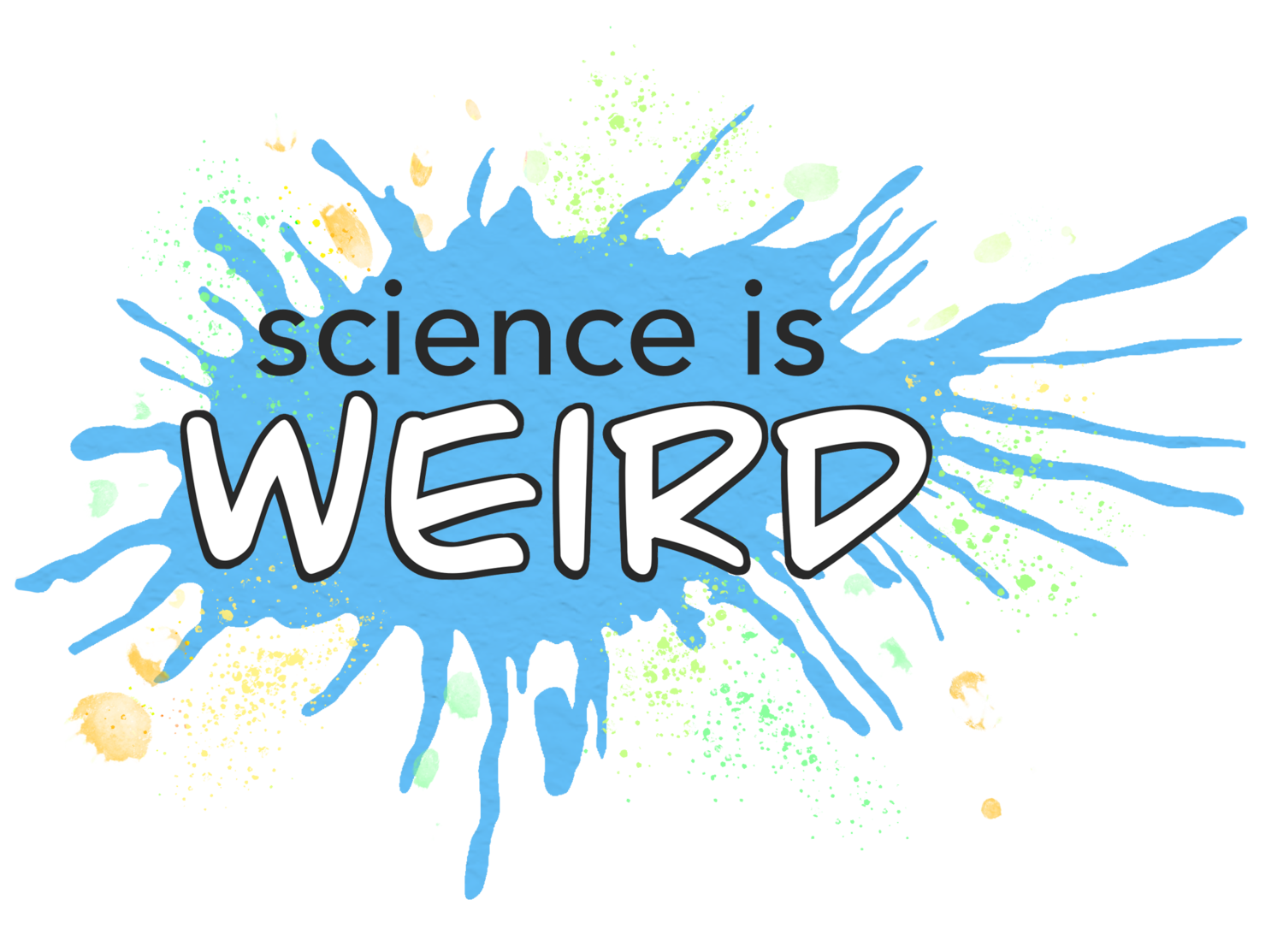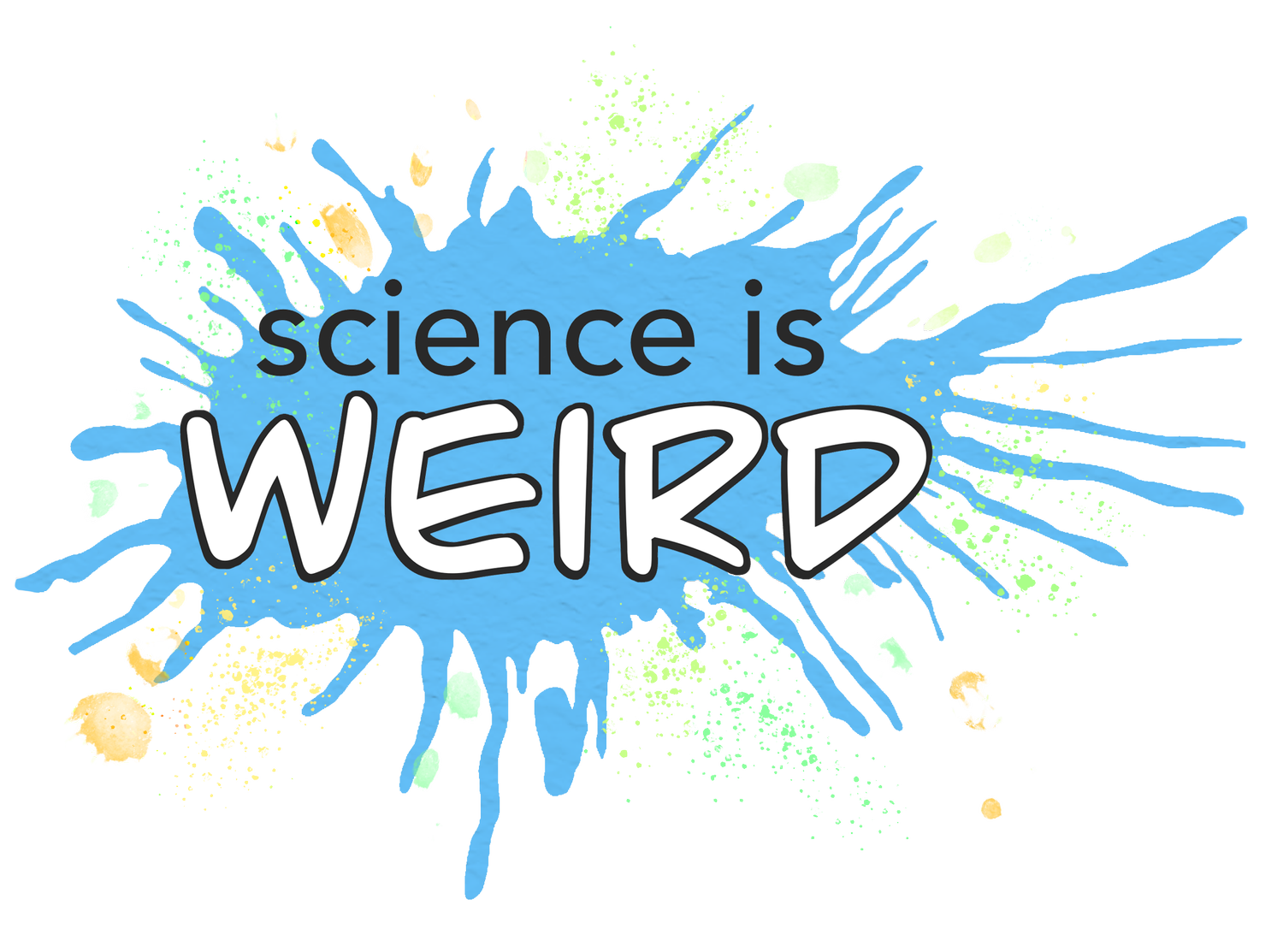All the concepts
“What do they teach at these schools?”
Most science programs teach a concept, then forget it.
Not us. Our six-year curriculum just. keeps. building. Every concept your kid learns stays in play. And together, we’ll extend it, critique it, and apply it again and again.
These ideas will become more than content to learn — they’ll become tools for understanding the world.
Fundamental things
The story of the Universe
its origin, its size, its shape, its fate
Conservation of matter
the water cycle, the carbon cycle, the nitrogen cycle
Conservation of energy
types of energy — thermal, chemical, gravitational, mechanical — and entropy
The fundamental forces
gravity, electromagnetism, strong force, weak force
Space-time
special relativity, general relativity, fields
Gravity
Aristotle’s understanding, Newton’s understanding, Einstein’s understanding, “buoyancy”
Newton’s laws
velocity, momentum, acceleration, inertia
Small things
The story of atoms
subatomic particles, elements
How electrons work
charge, orbits, clouds, quantum leaps, blackbody radiation, electricity, spin
How nucleuses work
protons, neutrons, quarks, nuclear decay, fission, fusion
How molecules work
valence electrons & covalent bonds, ions & ionic bonds, hydrogen bonds, oxidation, acids & bases
How atoms & molecules fit together
heat, phases of matter, crystals & glasses
Waves
how sound works, how light works, the electromagnetic spectrum, wave–particle duality
Big things
The story of stars
stellar formation and stellar evolution
The story of planets & planetoids
their origin, types of planets
The story of Earth
the three eons: Hadean, Proterozoic, & Phranezoic; the three recent eras: Paleozoic, Mesozoic, & Cenozoic
Rocks
the layers of Earth, types of rocks, the lithic cycle
The atmosphere
its origin, what it’s made of, its layers, how it moves
Gooshy things
The story of life
what life is, its origin, its special molecules, how common/rare it is, its fate
Cells
cell theory, organelles, cellular metabolism, cellular respiration, cancer
Genes
gene theory, RNA, DNA, mutations, retroviruses
Minds
their origin, decision-making, memory, communication, perception, representation, intelligence, consciousness, morality, language
Senses
smell, vision, touch, hearing, taste
The kinship of life
the three domains of all life, the three kingdoms of eukaryotes, the various phylums of animals, the various classes of vertebrates, the various orders of mammals, the various genera of apes, the various species of humans; Linnaean classification; the definitions of “species”
Ecology
the web of life, ecological zones, fragility vs. robustness, niches, the types of symbiosis, invasive species, keystone species
Ontogeny
embryology, life cycles, adolescence, senescence, neoteny
Natural selection
pre-Darwin understandings of evolution, how you get design from an algorithm, co-evolution, arms races, maladaptations, sexual selection, altruism, selfish gene theory, multilevel selection theory, punctuation equilibrium theory
Sexual reproduction
why sexes exist, sexual dimorphism
Ethology
altruism, social structures, dominance hierarchies
Human things
Human anatomy
respiratory system, circulatory system, immunological system, digestive system, auditory system, visual system, hormonal system, muscular-skeletal system
Your direct ancestors
from microbes to modern humans
Practical life stuff
how to avoid cavities, not get acne, breathe well
How science really works
folk science, pseudoscience, the actual scientific method
How to reason rationally
how to spot misinformation, how to update your priors with Bayes’ theorem
Humanity’s relationship with the rest of nature
domestication, extinctions, pollution, climate change, “carrying capacity”, the duel between “wizards” vs. “prophets”, vaccines & antibiotics
Questions & answers
Q: Oh, come on — you must have just pasted in a list of sciency-words from ChatGPT.
A: Actually, we combed through the lessons we’ve already taught, and wrote down the concepts we covered the first time around! (The few new concepts are the biggest ones that we can reach now that we’re knitting our lessons together.)
Q: Do you guarantee all of these will be included?
A: More or less, yes!
Q: Will you teach each of these in each year?
A: Goodness no — we’ve designed our six-year curriculum to include these when they’re most relevant.
Q: How can you teach all this?
A: We use each simple topic as a window into the Universe, and build every lesson on a hard riddle.
Q: Is that it?
A: Nope. We nest these concepts in something even bigger — philosophical questions.
From our inbox
“In a matter of weeks, science went from being their most despised subject to their favorite - they look forward to watching your videos every day and already understand more about science than I ever did.”






